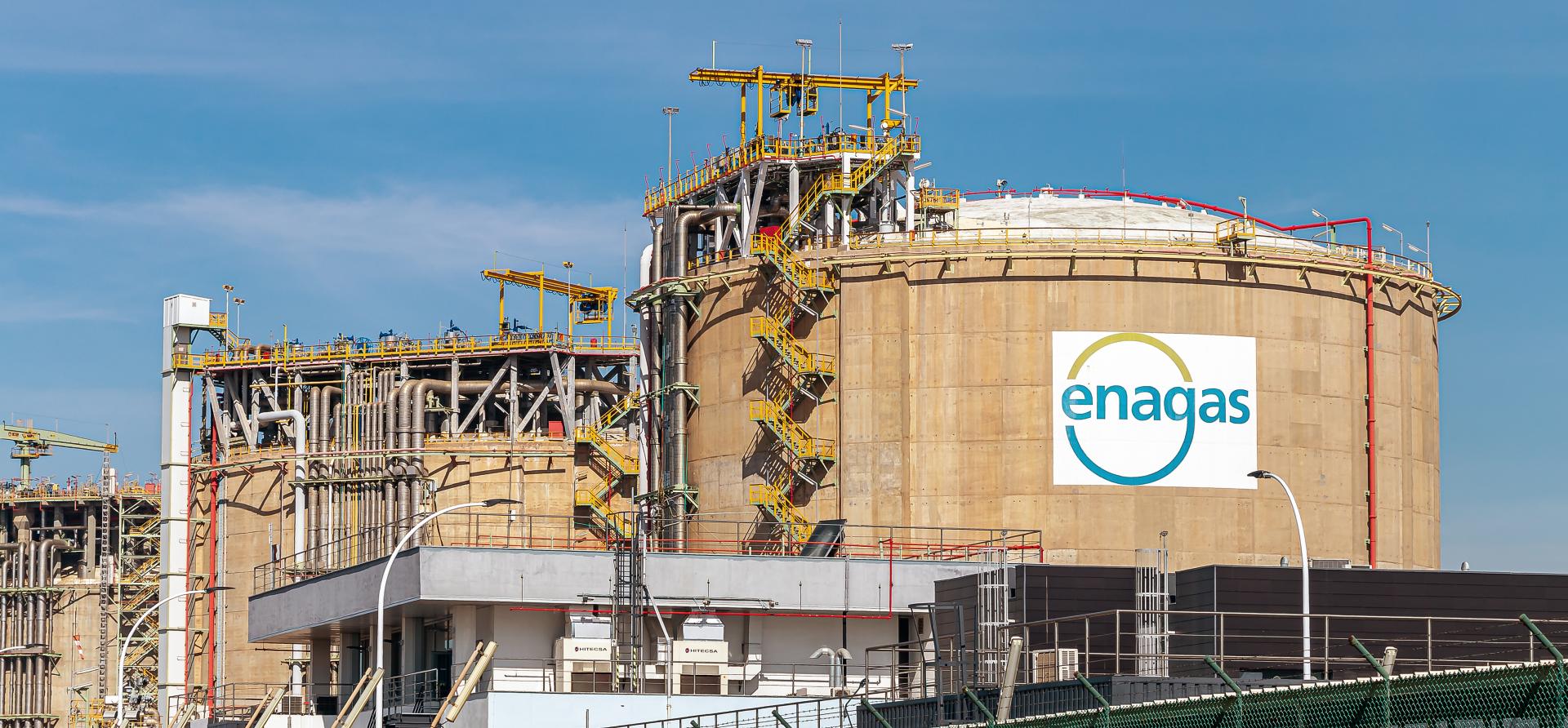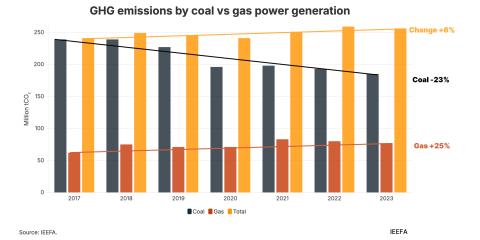Gas in Spain: Still oversupplied and overcompensated
Download Full Report

Executive Summary
The profits of Spanish gas Transmission System Operator (TSO) Enagás (Empresa Nacional de Gas) have been driven in recent years not by consumer gas demand, but by a regulatory system that guarantees a fixed rate of return on the company’s gas infrastructure investments—regardless of whether the country needs the investments.
Over the years, Enagás has used “security and diversity of supply” as an excuse for building out or expanding liquefied natural gas (LNG) regasification terminals, natural gas pipelines, and gas storage facilities. However, these investments resulted in very low utilisation rates for gas assets, as well as some of the highest gas bills in Europe. Gas demand in Spain has declined since 2008, but Spanish consumers are still burdened with incredibly high rates for unused infrastructure.
In 2019, new regulations were introduced for the first time by an independent Spanish regulator (Comisión Nacional de los Mercados y la Competencia, or CNMC). However, the latest financial information shows the regulations have not resulted in any material reduction to Enagás’ remuneration. This means the company can continue to overinvest at the expense of consumers and to the benefit of its shareholders for the next four years, until the regulations are reviewed.
In July 2022, Enagás presented its 2022-30 strategic plan, which aims to address “security of supply and decarbonisation” in Spain and Europe and to reflect the most pressing challenges in the European and global energy market. The company plans to invest €2.8 billion by 2030. The investment would increase to €4.8 billion euros with the inclusion of interconnection projects set out under the REPowerEU plan.
All of the investments will have a guaranteed regulated return. Spain has a stable regulatory framework covering the years 2022-26. After 2026, a new regulatory framework for hydrogen is expected, and Enagás is actively working to promote the integration of electricity, gas, and hydrogen networks. If the framework is approved by the regulatory body, the company and its shareholders will receive guaranteed regulated revenues for investing in infrastructure that has huge technical and economic uncertainty, while consumers will be forced to carry the risk.














